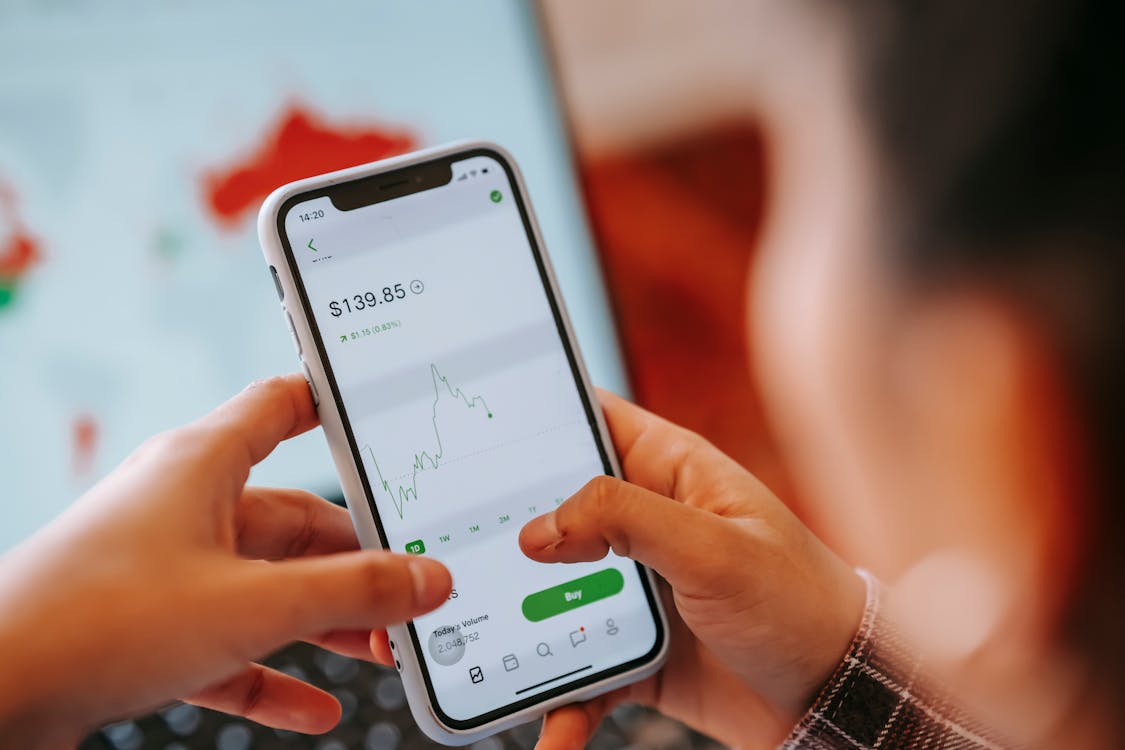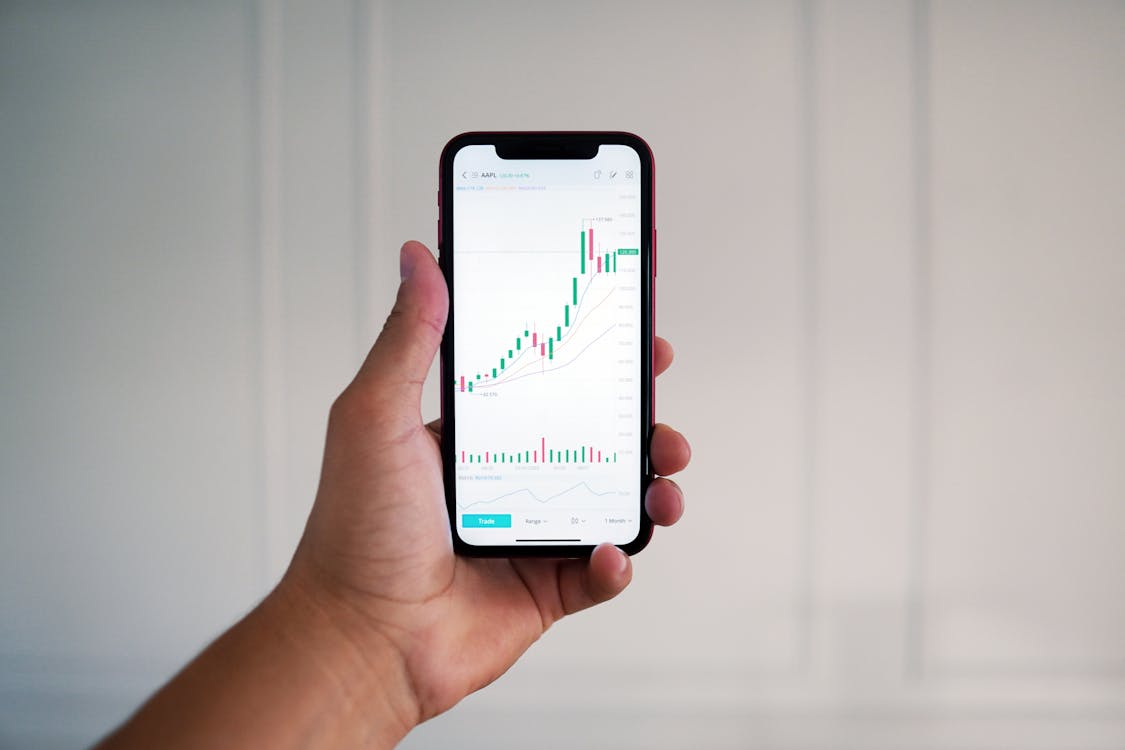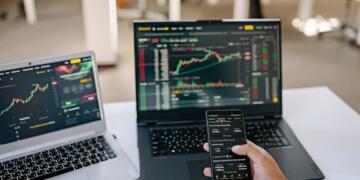Mobile trading has become an increasingly popular method for investors to manage their portfolios. However, this trend also brings with it the need to prioritize security and privacy in order to protect sensitive financial information. For example, some trading platforms allow trading binary options without verification KYC, meaning that as a trader you don’t have to confirm your identity. Though this has its pros and cons.
In this article, we will explore the importance of security and privacy in mobile trading, discuss the potential risks and threats that traders face, and provide guidance on how to safeguard your personal and professional image.

The Risks and Threats of Mobile Trading
Traders who engage in mobile trading must be aware of the potential risks and threats they face. One of the most significant concerns is the possibility of data breaches, which can lead to the exposure of sensitive personal and financial information.
For example, in 2017, Equifax, one of the largest credit reporting agencies in the United States, experienced a massive data breach that affected over 147 million consumers. The breach exposed sensitive consumer information, including Social Security numbers, birth dates, and addresses, putting those affected at risk of identity theft and financial fraud.
Another example is the 2018 security breach at the popular cryptocurrency exchange Coincheck. In this incident, hackers stole over $534 million worth of digital assets, resulting in significant financial losses for the company and shaking investor confidence in the security of mobile trading platforms.
These examples highlight the need for robust security measures and privacy policies to protect traders from the potential consequences of data breaches and other cyber threats.
Security Measures, Privacy Policies, and Best Practices
To mitigate the risks associated with mobile trading, there are several security measures, privacy policies, and best practices that traders can adopt:
- Choose a reputable platform: Ensure that the mobile trading platform you select has a strong track record of security and reliability. Look for platforms that employ robust encryption methods and have strict Know Your Customer (KYC) and Anti-Money Laundering (AML) policies in place.
- Use strong passwords: Create unique, complex passwords for your trading accounts and avoid using the same password across multiple platforms. Consider using a password manager to help you generate and store secure passwords.
- Enable two-factor authentication (2FA): 2FA adds an extra layer of security by requiring you to provide a second form of identification, such as a fingerprint or a code sent via text message, in addition to your password. Most reputable platforms will offer this feature, so be sure to enable it for added protection.
- Keep software up-to-date: Ensure that your mobile device’s operating system and any trading apps you use are kept up-to-date with the latest security patches and updates. This can help protect your device from known vulnerabilities and exploits.
- Be cautious with public Wi-Fi: Avoid using public Wi-Fi networks when accessing your trading accounts, as these networks can often be insecure and vulnerable to cyber-attacks. If you must use public Wi-Fi, consider using a virtual private network (VPN) to encrypt your data and protect your privacy.
Consequences of Neglecting Security and Privacy Measures
Failing to prioritize security and privacy in mobile trading can have severe consequences for both your personal and professional image. A data breach or cyber-attack can lead to financial losses, damage to your reputation, and even legal ramifications if sensitive client information is compromised. By taking the necessary precautions and implementing best practices, traders can minimize these risks and trade with confidence.

Protecting Yourself in the World of Mobile Trading
In order to protect yourself while engaging in mobile trading, it is essential to take the following steps:
- Educate yourself on the potential risks and threats associated with mobile trading and stay informed about emerging security trends and technologies.
- Implement the security measures and best practices outlined above and regularly review your trading accounts for any signs of unauthorized activity.
- Monitor your credit reports and financial statements for any suspicious transactions or changes, and report any discrepancies to your financial institution immediately.
By prioritizing security and privacy in mobile trading, traders can safeguard their sensitive financial information and ensure a safe and successful trading experience. In today’s digital age, adopting robust security measures and privacy policies is not only a smart decision but a necessary one to protect your personal and professional interests.
Also Read: These are the top 10 most valuable IT services brands in the world in 2023



























